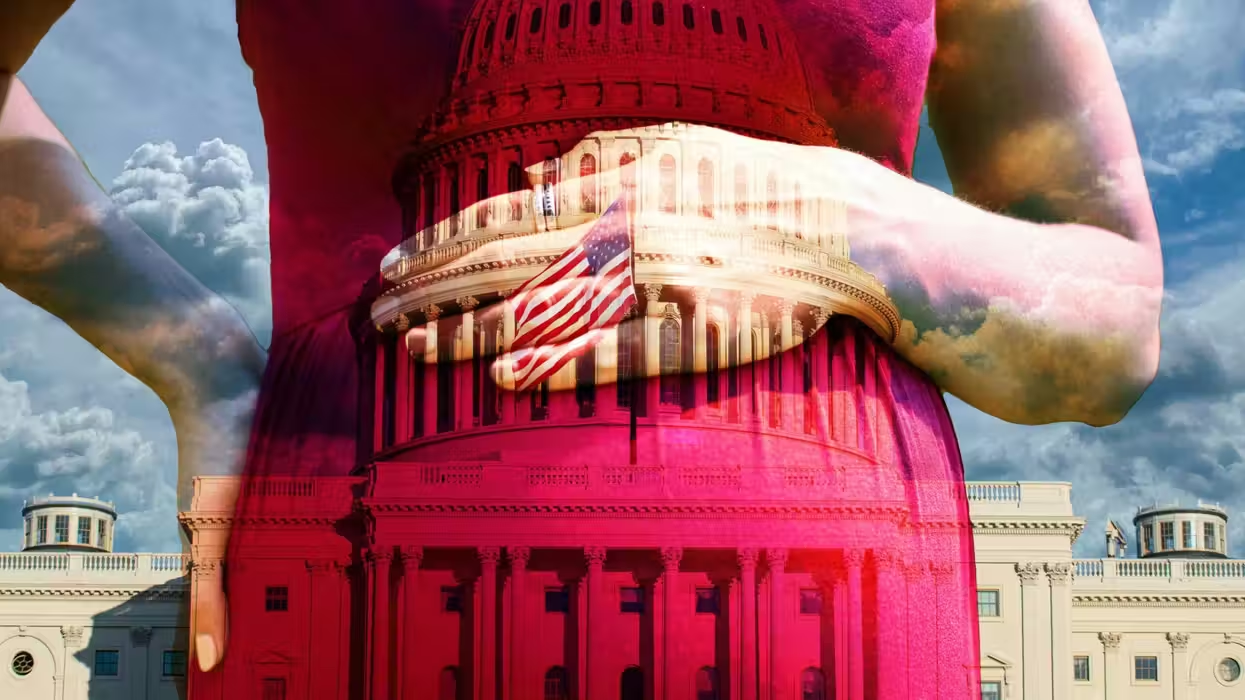Voters in five key states for Senate Democrats in 2018 support a 20-week abortion ban, according to a new poll by the polling company, inc./WomanTrend on behalf of the pro-life group Susan B. Anthony List.
What is the Pain-Capable Unborn Child Protection Act?
The Pain-Capable Unborn Child Protection Act would ban elective abortion procedures after 20 weeks gestation. The bill has exceptions for cases of rape or incest, and for cases where there is a maternal mortality risk. It was passed by the House on Tuesday in a 237-189 vote. Sen. Lindsey Graham (R-S.C.) re-introduced the Pain-Capable Unborn Child Protection Act in the Senate on Thursday.
Supporters of the bill say that unborn children can feel pain at 20 weeks gestation. They also say the United States is one of just seven nations — which also include China and North Korea — that permit abortion so late in a pregnancy. They argue that the bill would also protect women from unsafe procedures.
Critics of the bill, such as Planned Parenthood Action Fund, call the bill part of an “agenda to ban all abortion.”
Can the bill pass?
The Pain-Capable Unborn Child Protection Act would need 60 votes to be passed by the Senate, which means it would require some Democratic support.
In 2015, the bill was defeated on a 54-42 vote. The Obama administration threatened to veto the bill. At the time, Sens. Joe Manchin (D-W.Va.), Bob Casey, (D-Pa.) and Joe Donnelly (D-Ind.) broke with their party, voting in support of the bill. Sens. Mark Kirk (R-Ill.) and Susan Collins (R-Maine) voted with the Democrats in opposition to the bill.
Asked about the bill’s chances at a news conference Thursday, Graham said, “We got three votes from our Democratic friends last time.”
“The more you educate, the more you vote, the larger the number gets. We’re marching toward 60 because the reasoning against this doesn’t withstand common-sense scrutiny.”
The White House said that President Donald Trump would sign the bill into law if it is approved by the Senate.
The poll
The poll, taken from November 28-30, 2016, found that a majority of voters in Florida, Missouri, Montana, North Dakota, Ohio, and Wisconsin support the legislation.
It also found that 55 percent of respondents said they would be less likely to vote for their senator or support their re-election if they voted to permit elective abortion procedures after 20 weeks.
The Susan B Anthony List characterized the poll as evidence that Senate Democrats up for re-election in the swing states should consider supporting the legislation.
“Voters agree: it’s inexplicable that the United States is one of only seven nations in the world to allow abortion after 20 weeks – five months, more than halfway through pregnancy – putting us in the company of China and North Korea,” SBA List President Marjorie Dannenfelser said in a statement on the data, according to Townhall.
“Tuesday’s vote in the House of Representatives was a win for basic human decency,” she added. “Now it’s time for the pro-life majority in the Senate, led by pro-life champion Lindsey Graham, to force vulnerable pro-abortion Senators up in 2018 to either stand with their pro-life constituents and vote for this bill, or stand with the extreme abortion lobby and vote in favor of late-term abortion on-demand. This is not a vote that Senator Claire McCaskill or any Senator running in a state carried by President Trump wants to have.”






